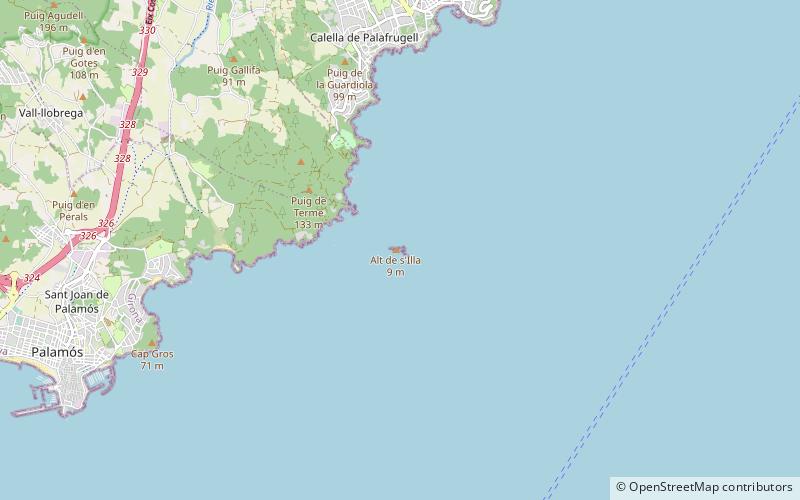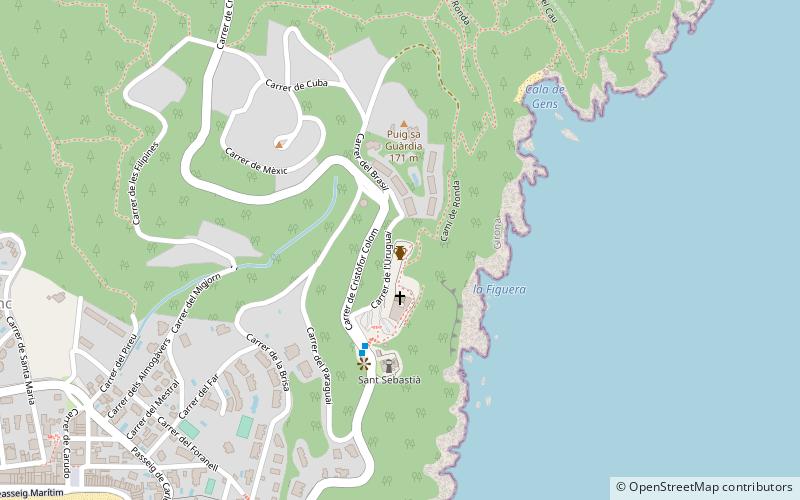Formigues Islands


Facts and practical information
Nestled within the Mediterranean Sea, the Formigues Islands are a small archipelago located off the coast of the Costa Brava in Spain. Renowned for their ecological significance, these islands have been designated as a marine reserve, reflecting the commitment to preserving their diverse marine life and natural beauty.
The marine reserve status of the Formigues Islands serves as a testament to the rich biodiversity found beneath the waves. These waters are a sanctuary for a variety of marine species, including groupers, octopuses, and a multitude of fish that find refuge amongst the vibrant underwater landscapes. The islands' protection ensures that these species, as well as the delicate coral ecosystems, are conserved for future generations.
The Formigues Islands are not only a haven for wildlife but also a magnet for divers and snorkelers who come to explore the crystal-clear waters and the underwater wonders they conceal. The reserve's regulations are in place to minimize human impact, ensuring that the marine environment remains pristine and that visitors can continue to enjoy the natural spectacle without causing harm.
In addition to the allure of its marine life, the islands hold historical significance. The waters around the Formigues Islands have been the site of numerous shipwrecks over the centuries, adding an element of mystery and allure for those with an interest in maritime history.
Formigues Islands – popular in the area (distance from the attraction)
Nearby attractions include: Fishing Museum, Sa Perola Interpretation Centre, Museu del Suro, Can Mario Museum.











